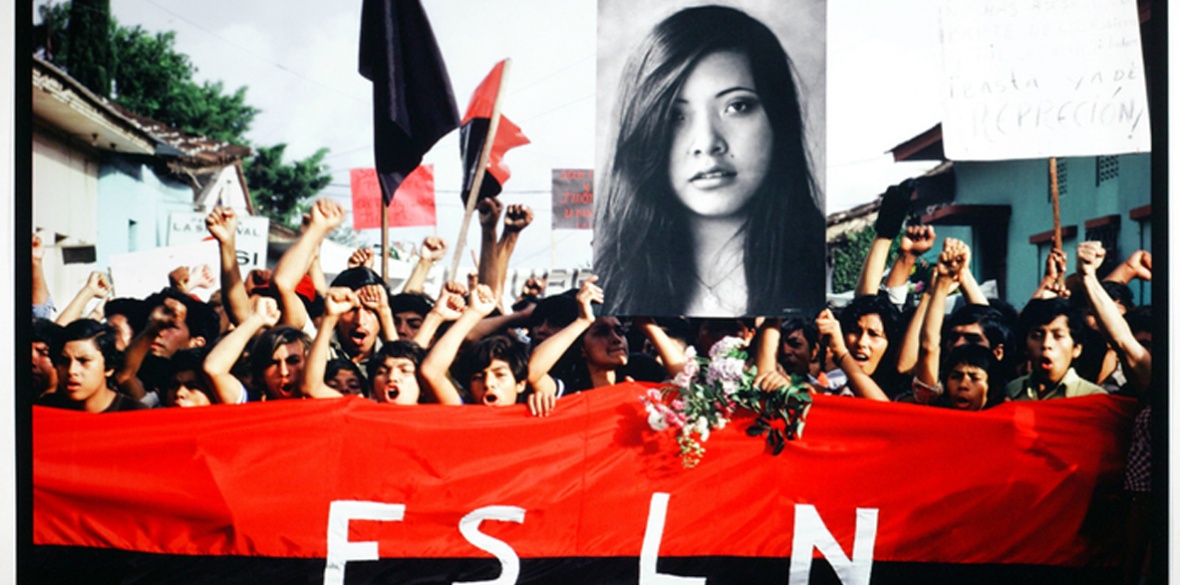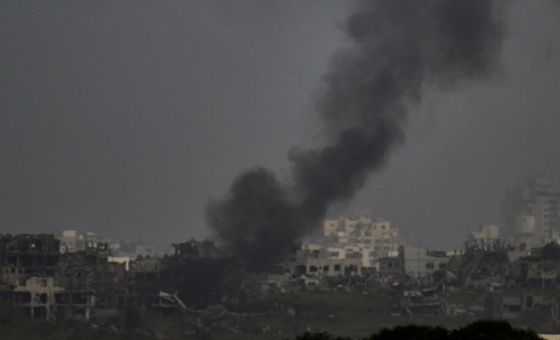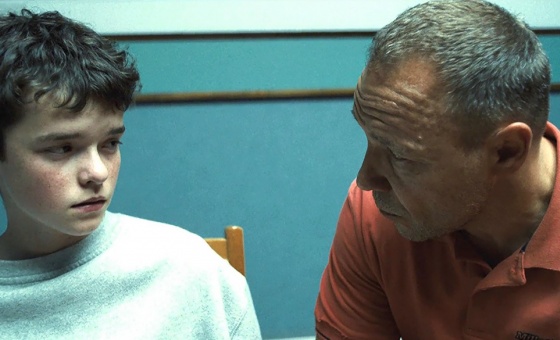This is the last article you can read this month
You can read 5 more article this month
You can read 5 more articles this month
Sorry your limit is up for this month
Please help support the Morning Star by subscribing here
NICARAGUANS remembered revolutionary icon Arlen Siu on Thursday, marking the anniversary of her 1975 murder by the Somoza dictatorship that made her one of the first female martyrs of the Sandinista Revolution.
She was born in July 1955 in the west Nicaraguan city of Jinotepe and joined the Sandinista movement when she was just 18.
She was a talented musician, playing the accordion, guitar and flute, and also wrote poetry.
Her best-known poetic work is Rural Maria, which recounts the suffering and poverty of Nicaragua’s peasant mothers.
While studying at the National Autonomous University of Nicaragua, she sang with Marlene Avarez, of the group Pancasan.
Ms Siu was a member of the Christian Movement, but she also made some important contributions to Marxist and feminist thought through her writings, which were widely read in the Sandinista movement.
Her musical performances were often monitored by the notorious National Guard, which deployed snipers around the university.
They pinpointed her near a Sandinista training school in the city of Leon in August 1975. After being surrounded, she and her comrades were killed in an ambush.
Ms Siu stressed the importance of women’s rights and the political development of women in the Sandinista movement. Today, she is seen as an important figure for women and revolutionaries.
Vice-President Rosario Murillo paid tribute to “the legacy and the testimony of courage” displayed by Ms Siu, describing her as “the inspiration that represents for us, for the young people of all times.”
Nicaraguan Sandinista youth Auxi Garcia told the Star: “Arlen is an example of a young, talented woman, committed to the construction of a fairer society, for which she gave her life…
“Today, we are making [that] a reality with our work in the FSLN [Sandinista National Liberation Front] and the government, led by Commander Daniel [Ortega] and Rosario Murillo.”









